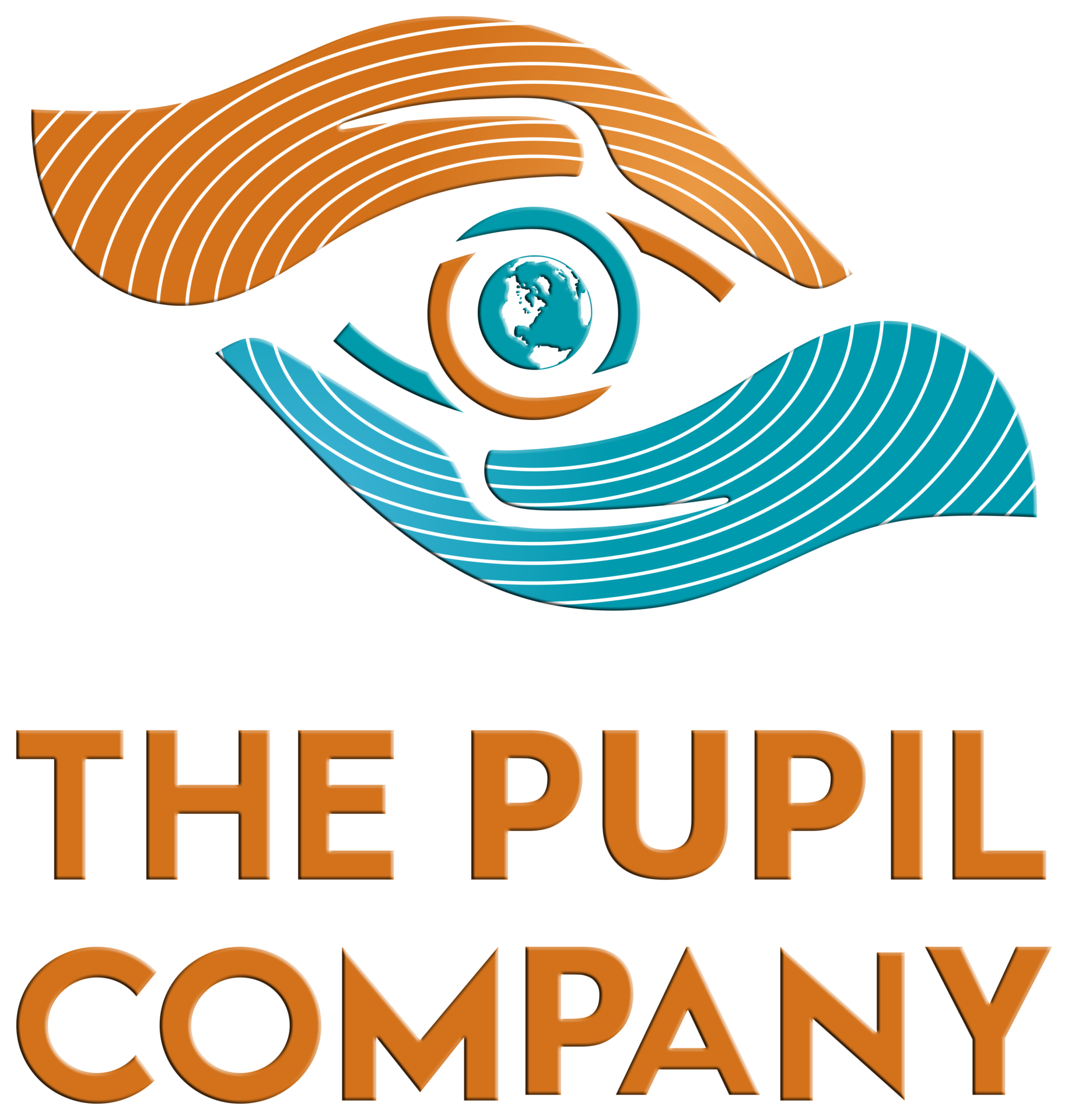Alexander the Great was a boy when he heard the story for the first time.
There was an incredible weight on the young boy.
His father, Philip II, was a Great King who had overseen the expansion of his kingdom.
He hired the smartest man in the world, Aristotle, to guide Alexander’s growth; and there was expectation of return on this investment.
It was an expectation that Alexander would be a great man, a Great King.
The boy learned military strategy, economics, and leadership but no lesson was more important than the stories by the fire at night.
It was there he would hear about his idol- Achilles- a legendary warrior, a symbol of courage, a name that would endure ages.

Aristotle understood the tools that he used.
The Story.
He understood that stories are the most effective conduit for the transfer of Feelings, Ethics, and Knowledge that man has ever discovered.
If he was to guide the Young King he would do so with story.
…stories are the most effective conduit for the transfer of feelings, ethics and knowledge that man has ever discovered.
It’s hard not to see the parallels between Alexander the Great and Achilles- the incredible skill in war, the impatience, the hubris.
But, is that all that rare?
Think for a moment about the stories that formed you.
The courage of Luke Skywalker; the calculating mind of Michael Corleone, the persistence of Andy Dufresne- they are not just figures in movies, they become a part of you; they are your teachers to model their strengths and faults and their lessons can endure for a lifetime.
What effect does this have on our educational methodologies?
Far too little for most. Stories are relegated to recreation while we communicate important business information in the driest manner possible. Our onboarding procedures read like Ikea assembly directions and leave the mind just as quickly as they’re read.
Stories are relegated to recreation while we communicate important business information in the driest manner possible.

Frustrated we pull away from the office listening to a song- we know each lyric.
We pull up a movie on the screen when we arrive- strangely we remember the entire opening speech in Rambo II.
And then we sit at the dining room table and try to review the information for work and it just won’t stick. Maybe our memory is bad? Wrong! Maybe our methodology is faulty! Maybe stories are a nuclear device in education and, in the war for knowledge, we just haven’t been utilizing our best weaponry.
The goal of this blog is to dissect the best approaches in education and to contextualize these approaches for the modern workforce. Your business, your staff, your clients deserve the very best and to achieve this end you need a story. Accept no substitutes.
What’s YOUR Vision?

- Have you found methods to incorporate cultural references as a hook point for your learners?
- What methods have you found to incorporate stories into your lessons?
